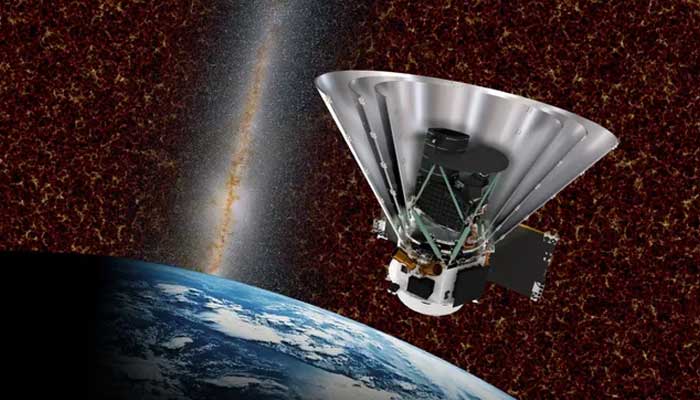Key Facts About Greenhouse Gases and Smog

Greenhouse gases, such as carbon dioxide, methane, and nitrous oxide, play a significant role in warming the Earth's climate. Carbon dioxide is responsible for about two-thirds of the warming caused by human activity. Methane, the second most important greenhouse gas, has a warming power more than 80 times greater than CO2 and is primarily linked to human activity and natural sources. Nitrous oxide, the third major greenhouse gas, has a warming potency almost 300 times more than CO2 and is also emitted by both human activities and natural sources. Additionally, fluorinated greenhouse gases found in appliances and electrical networks have a high warming capacity, with some examples having a greenhouse effect 24,000 times greater than CO2 over a 100-year period. Human-induced emissions of methane and nitrous oxide have increased significantly over the past few decades, with methane emissions now 2.6-fold higher than in pre-industrial times and global nitrous oxide emissions increasing by 30% over the past four decades. Reducing methane emissions would have a short-term cooling effect, and efficient use of fertilisers is key to reducing nitrous oxide emissions. International agreements, such as the Montreal Protocol and the Kigali agreement, have been signed to phase out certain HFCs and fluorinated gases.
Science>

Nasa launching new space telescope which may be better than JWST
published 387 days ago

NASA Spacecraft Embarks on Daring Journey to the Sun
published 423 days ago

Arctic Emissions Exceed Carbon Storage: Climate Change Impacts Worsen
published 440 days ago

Chinese Scientists Develop Climate-Resistant Potatoes to Combat Global Warming
published 449 days ago

Ancient Human Species Coexistence Revealed by Fossil Footprints
published 452 days ago

Scientists Discover Highest Energy Cosmic Ray Electrons Ever Seen
published 455 days ago
News Sources
Reader Comments
Science>

Nasa launching new space telescope which may be better than JWST
published 387 days ago

NASA Spacecraft Embarks on Daring Journey to the Sun
published 423 days ago

Arctic Emissions Exceed Carbon Storage: Climate Change Impacts Worsen
published 440 days ago

Chinese Scientists Develop Climate-Resistant Potatoes to Combat Global Warming
published 449 days ago

Ancient Human Species Coexistence Revealed by Fossil Footprints
published 452 days ago

Scientists Discover Highest Energy Cosmic Ray Electrons Ever Seen
published 455 days ago

1737372268-0/meghan-(6)1737372268-0.jpg)

_updates.jpg)





_updates.jpg)